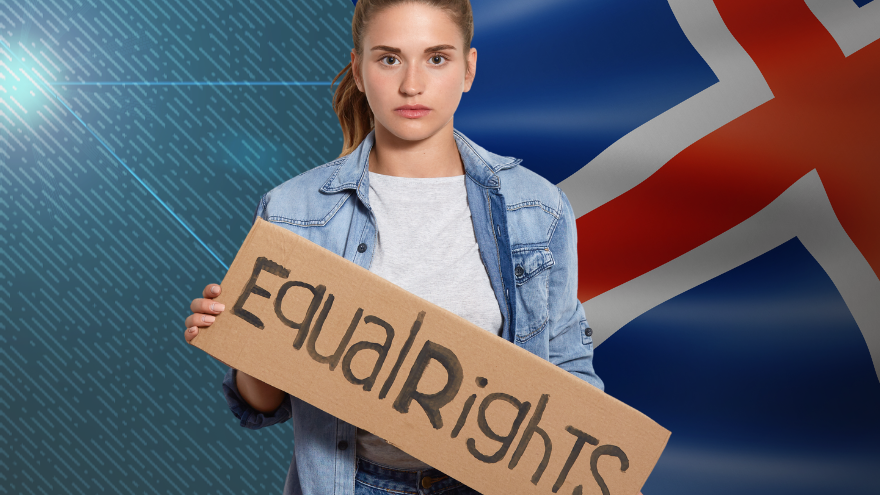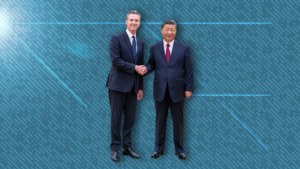Women in Iceland – including the country’s female prime minister – held a one-day strike to call for equal pay for women and an end to gender-based violence.
Iceland has consistently ranked as one of the most gender-equal countries in the world for over a decade.
The strike was organized by Icelandic trade unions, of which 90% of the nation’s workers are members. The unions asked people who identify as non-binary to join women in the demonstration on Oct. 24. Beginning at midnight, female workers walked out of their jobs for 24 hours.
“For this one day, we expect husbands, fathers, brothers and uncles to take on the responsibilities related to family and home, for example: preparing breakfast and lunch box, remembering birthdays of relatives, buying a present for your mother-in-law, making a dentist appointment for your child, etc.,” said the event organizer in a statement. “We encourage women and non-binary people to stop both paid [and] unpaid work on that day, and to attend a demonstration meeting.”
Prime Minister Katrin Jakobsdóttir also took the day off in solidarity with the other protesting women.
“We have not yet reached our goals of full gender equality and we are still tackling the gender-based wage gap, which is unacceptable in 2023,” said Jakobsdóttir while speaking with the Icelandic media outlet mbl.is, per Fox News.
Thousands of women gathered in Reykjavik on the protest’s scheduled demonstration day, which marked the 48th anniversary of a 1975 women’s equality protest credited with igniting legal efforts to ensure gender equality. The demonstration – known as “Kvennafri,” or “Women’s Day Off” – was described as having “the energy and crowds of a huge music festival.”
“The crowd sung along enthusiastically to Áfram Stelpur (Onward Girls), an anthem of the 1975 strike, originally sung by radical women’s movement the Redstockings, and listened attentively to speeches and performances,” reports The Guardian.
The protest largely impacted the nation’s health care system and schools, where the majority of workers are female. Organizers said the walk-out underscored the importance of women in the workforce.
The World Economic Forum has ranked Iceland the most gender-equal nation in the world for the last 14 years. The WEF estimated in July of 2023 that Iceland has closed 91.2% of its gender gap.
“In 1976, Iceland passed a law guaranteeing equal rights irrespective of gender,” reports AP News. “Since then there have been several partial-day strikes, most recently in 2018, with women walking off the job in the early afternoon, symbolizing the time of day when women, on average, stop earning compared to men.”
In its analysis, WEF attributed Iceland’s high female workplace representation in part to government-subsidized childcare which allows women to avoid leaving the workforce once they have children. The organization estimates that the “motherhood penalty” causes 80% of the gender pay gap.
Iceland has a population of approximately 380,000 people.

